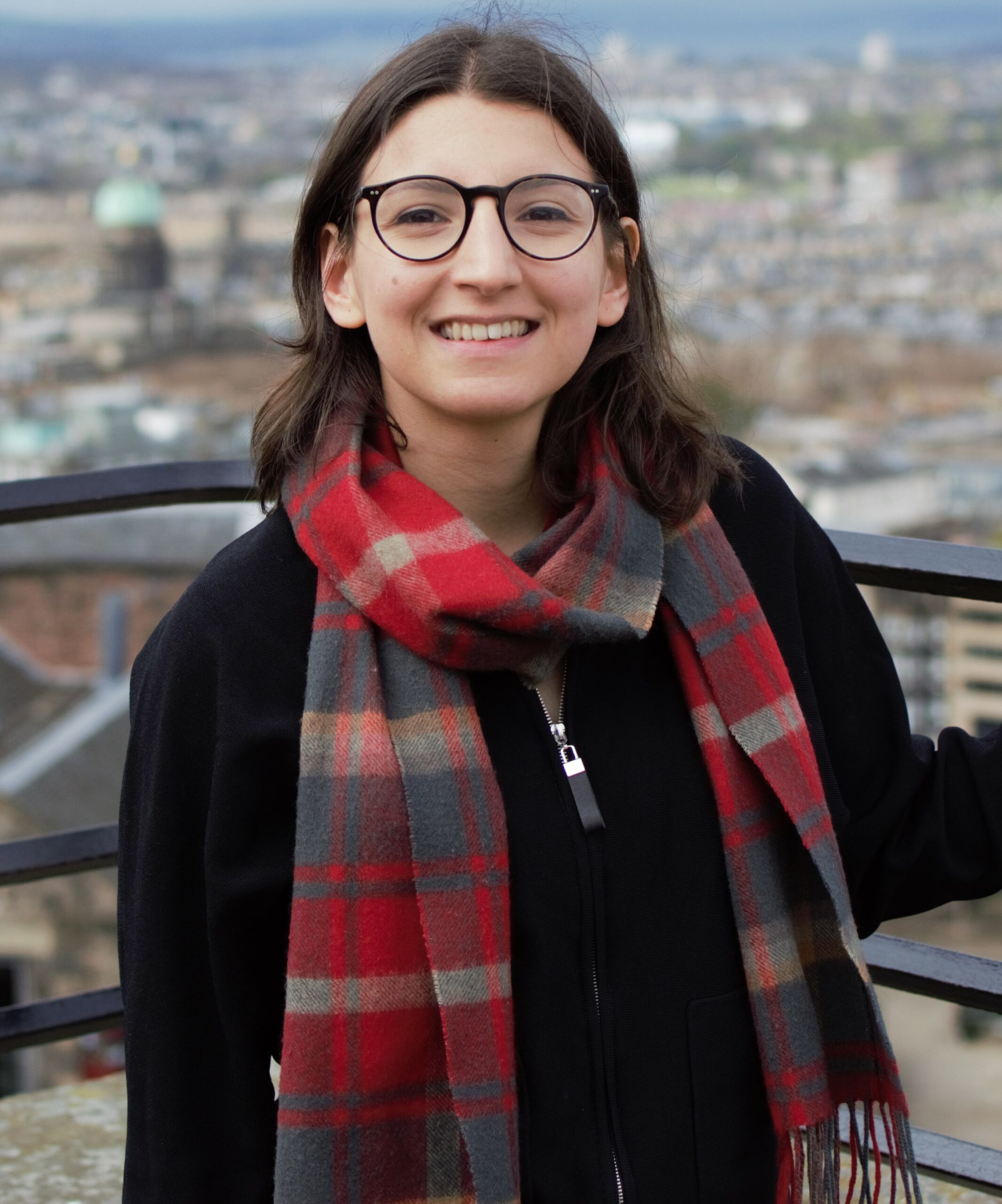The COVID-19 pandemic has had an unprecedented impact on our everyday lives as well as our research. We have had to adapt how we live and work in drastic ways in a short period of time. As a PhD student, I found that this can take a toll on my mental health and wellbeing, especially considering that doing a PhD itself is already challenging.
It is completely normal if you’re finding this situation overwhelming and if it’s affecting your ability to concentrate on work. You are certainly not alone. Two weeks ago, I was preparing for my upgrade viva and I found it very difficult to focus and maintain my usual work routine. However, I did find it helpful to establish a new routine to restore a sense of normality, for instance by trying to go to bed and wake up at regular times. Below are some additional tips that helped me during this time.
Exercise and mindfulness
I have found it helpful to schedule exercise into my day and to practice mindfulness meditation. If you’ve never tried meditation, give it a go! There are many free exercise classes and recordings available online. Hotpod Yoga are offering free donation based online classes and Alo Yoga have a range of free classes on Youtube. For meditation techniques from Mindfulness Based CBT check out Mindfulness: a practical guide to finding peace in a frantic world or the Oxford Mindfulness Centre.
Staying connected online
Whilst we are being physically distanced, it is important to stay connected socially with postgraduate research communities. In my experience, going through difficult times together and sharing our experiences has made these communities even closer and stronger. At the University of Exeter, we now have coffee mornings on Zoom for postgraduate research students, and it has been so nice to interact with other PhD students and support each other. If you don’t have a similar set up at your university, looking into organising this can be a helpful distraction. Additionally, if you have the equivalent of a pastoral tutor at your university, (someone who is not involved in your research, but can support you with other issues that have an impact on your research) then do get their support too, even if it’s over a computer screen!
Setting realistic goals
On a practical note, do bear in mind that your productivity levels might be lower than usual, either due to stress associated with the current changes, or other challenges of working from home. So, it’s important to set realistic research goals for the months ahead and not to assume, as most people on Twitter seem to, that your productivity levels will go through the roof with all the extra time we apparently have!
Less news and appreciating small things
One of the less fortunate aspects about modern technology during the pandemic is that we receive immediate news updates from all around the world. There is a constant stream of news and this can be damaging to our mental health and wellbeing. To maintain my own mental health, I found that I needed to pause the 24-hour cycle news, instead I try to listen to podcasts on light topics. This allows me to focus on what is here and now, and what I can control. This brings me to my final point which is not thinking too much ahead to the future with both your research and personal life, but – as philosopher Alain de Botton says – putting one step in front of the other and appreciating the flowers along the way.
Here is a podcast with some of Alain de Botton’s thoughts on the current situation.

Merve Mollaahmetoglu is a PhD student funded by the SSA and the University of Exeter, investigating rumination as a risk factor and treatment target for alcohol use disorders. Other research interests include the use of ketamine for the treatment of substance use disorders. Follow Merve on twitter @mervemolla
The opinions expressed in this blog reflect the views of the author(s) and do not necessarily represent the opinions or official positions of the Society for the Study of Addiction.
The SSA does not endorse nor guarantee the accuracy of the information in external sources or links, and accepts no responsibility or liability for any consequences arising from the use of such information.

